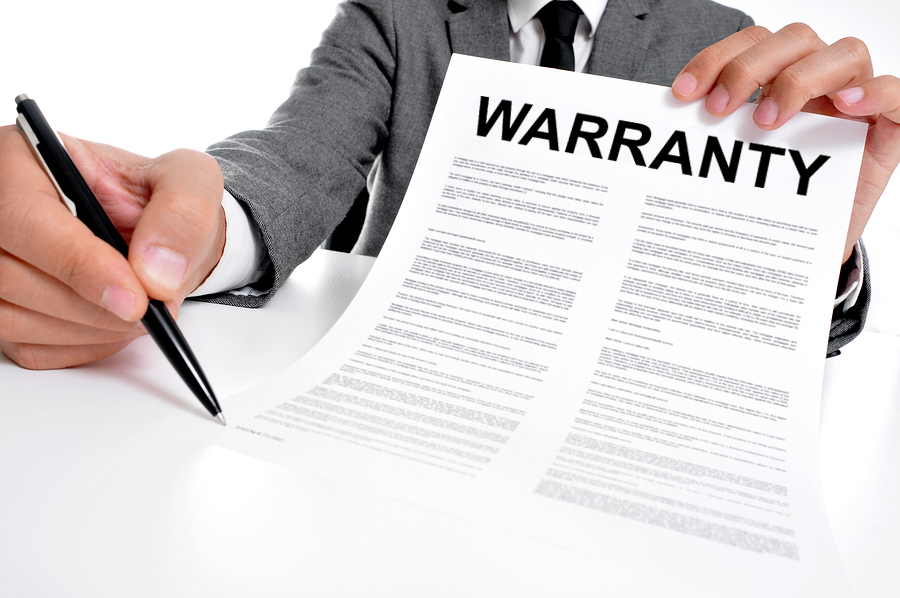Technically and legally, I don't see any problem with his argument. The problem is that some manufacturers bank on the fact that most people won't take such a case to court to have it heard. Between the legal procedures and having to have some level of technical understanding and evidence, it's hard for the average Joe to present such a case. Paying an expert to analyze the part for failure mode is not cheap and ideally, it would have to be someone with some expertise and experience with this type of part. Frankly, I doubt one would find any difference between this part and other failures with OE suspension parts.
I'm an engineer for an OE on the commercials truck industry that occasionally is requested to investigate failures for warranty opinions. Every single one of our vehicles have aftermarket parts. We can't simply deny a warranty on that basis alone. Though, given many of our customers have deep pockets, were not compelled to try and legally bully our customers.
If I were the OP, if I had it repaired, I would ask for the parts and tear it down to inspect it.



